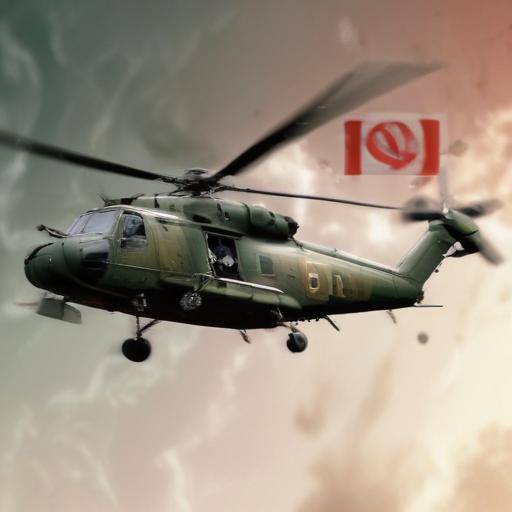In light of recent geopolitical tensions, significant concerns have arisen regarding U.S. military involvement in conflicts associated with Iran, particularly as Israel engages more decisively against Tehran. Critics of further U.S. entanglement in the region argue that diverting military resources to support Israel could weaken America’s capacity to address more pressing challenges elsewhere, notably the growing influence of China in the Indo-Pacific.
The administration’s focus should remain on deterring potential threats from China, especially given ongoing military repositioning as a response to Iranian hostilities following the attacks on October 7. The United States has stationed ships and personnel in the Middle East to protect its allies but has drawn from resources initially allocated to countering Chinese ambitions. Moving military assets from the Indo-Pacific to the Middle East—such as the redeployed USS Nimitz and other defense systems—raises questions about readiness to manage simultaneous threats from diverse global hotspots.
Historically, engagement in Middle Eastern conflicts has often resulted in prolonged military commitments with uncertain outcomes, echoing the costly wars in Iraq and Afghanistan. Critics warn that getting dragged into a conflict with Iran could replicate such quagmires, depleting U.S. military resources and compromising strategic focus on the competitive dynamics with China. Iran, with its substantial military capabilities and alliances in the region, could pose considerable challenges should hostilities escalate.
Furthermore, China’s vested interests in maintaining stability in the Middle East, particularly regarding energy supplies, position it to benefit from a distracted United States. Increased instability may provide Beijing with opportunities to accelerate its own aspirations in Taiwan and the South China Sea, potentially tipping the balance of power in its favor.
Critically, preserving a strategy that emphasizes the importance of the Indo-Pacific region aligns with longstanding U.S. presidential commitments to focus on countering China as a primary global rival. This approach reflects an aspiration to pivot away from the Middle East’s historical entanglements that have drawn American focus away from more vital strategic concerns.
As discussions continue regarding U.S. foreign policy, the overarching goal should be to reassess entanglements in the Middle East while simultaneously fortifying strategies that enhance U.S. competitive advantages in key geopolitical arenas. Staying clear of military conflict with Iran might allow the U.S. to refocus on reinforcing its influence and security within the Indo-Pacific, thereby aligning with a broader vision that prioritizes strategic interests over divisive engagements.
This reflects a hopeful perspective that with prudent decisions, U.S. foreign policy could adapt in ways that protect its long-term interests without succumbing to the pitfalls of past military conflicts.
